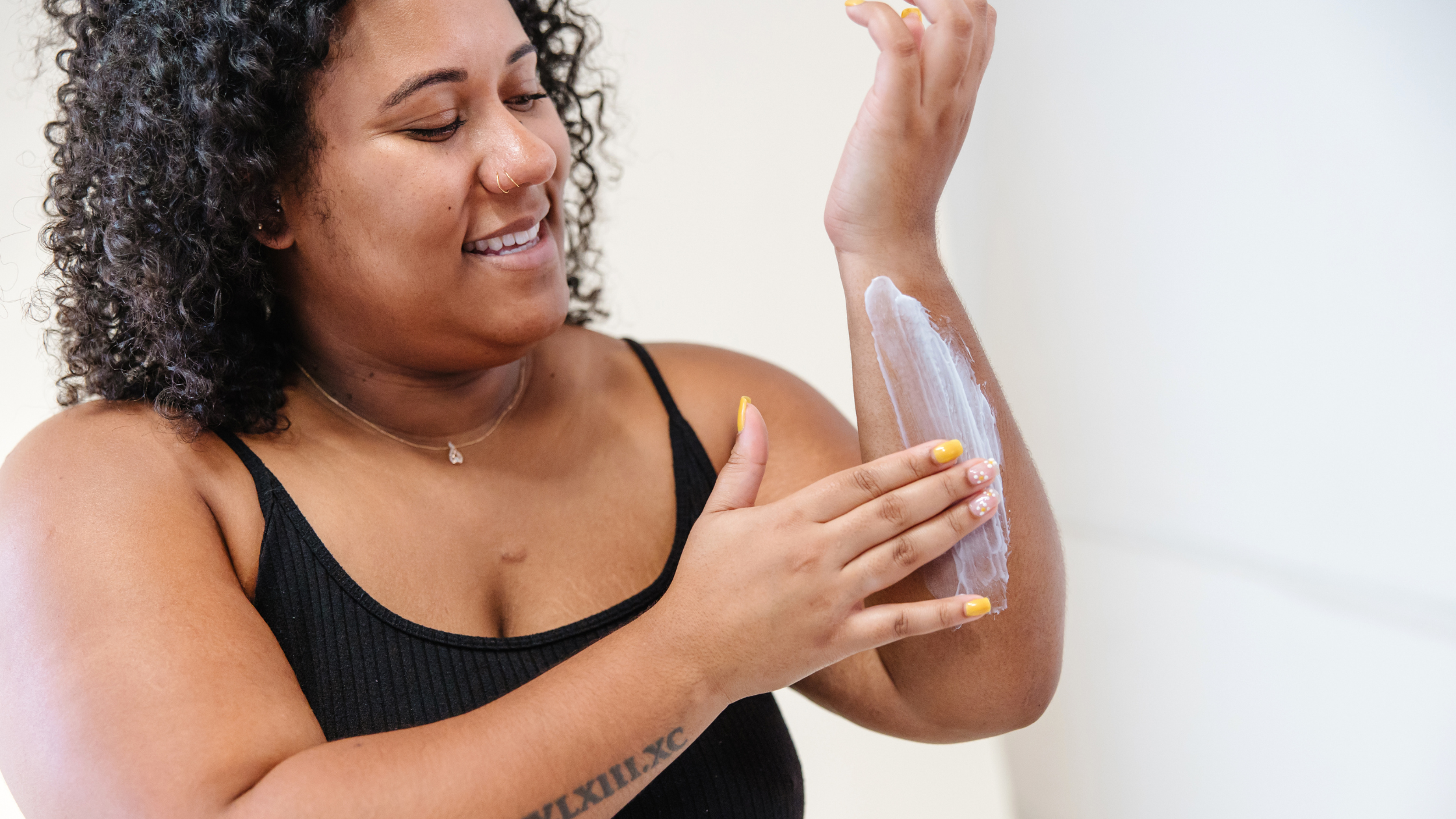Did you know that over 45% of individuals with melanin-rich skin experience some form of hyperpigmentation during their lifetime? If you’ve ever felt frustrated by dark spots, uneven skin tone, or discoloration, you’re not alone. The question is, how can you effectively address these issues and prevent them from recurring?
Hyperpigmentation can feel like a never-ending cycle, but the solution lies in a simple daily habit: using sunscreen. Preventing hyperpigmentation is achievable with proactive care, and understanding the role of sun protection is key to maintaining a vibrant, even complexion.
Understanding Hyperpigmentation and Its Triggers
Hyperpigmentation is a condition where certain areas of the skin become darker than the surrounding areas. This happens when an excess of melanin—the pigment responsible for skin color—is produced. While it’s not harmful, it can significantly affect one’s confidence.
Common triggers of hyperpigmentation include:
- Sun Exposure: Ultraviolet (UV) rays stimulate melanin production, often leading to uneven skin tone and dark spots.
- Inflammation: Acne, cuts, or other skin injuries can leave behind dark marks as they heal.
- Hormonal Changes: Conditions like melasma, often triggered by pregnancy or birth control, result in blotchy patches.
- Certain Medications: Drugs such as some antibiotics and chemotherapy medications can increase sensitivity to sunlight.
By identifying these triggers, you can take targeted steps toward preventing hyperpigmentation.
Why Sunscreen is Essential for Preventing Hyperpigmentation
When it comes to protecting melanin-rich skin, sunscreen is non-negotiable. Here’s why:
- Shields Against UV Rays
Broad-spectrum sunscreen blocks both UVA and UVB rays, reducing the risk of sun-induced dark spots and discoloration. Regular use prevents existing hyperpigmentation from worsening.
- Supports Skin Healing
Sunscreen allows the skin to heal from past damage by minimizing further irritation. It acts as a barrier against environmental aggressors, giving your skin the chance to repair itself.
- Prevents Premature Aging
Sun exposure not only darkens hyperpigmentation but also accelerates aging. Fine lines, wrinkles, and loss of elasticity can all be mitigated with proper UV protection.
Choosing the Right Sunscreen for Melanin-Rich Skin
Not all sunscreens are created equal. For those with melanin-rich skin, the ideal sunscreen should:
- Provide Broad-Spectrum Protection: Ensure it protects against both UVA and UVB rays.
- Be Lightweight and Non-Greasy: Look for formulas that absorb easily and don’t leave a white residue.
- Address Skin Concerns: Products like EXTRASHADE are specially formulated to cater to the unique needs of melanin-rich skin, offering hydration and protection without clogging pores.
Incorporating Sunscreen into Your Daily Routine
Applying sunscreen doesn’t have to be a chore. Here’s how to make it a seamless part of your skincare regimen:
- Cleanse and Moisturize: Start with a gentle cleanser and follow with a hydrating moisturizer.
- Apply Generously: Use a quarter-sized amount of sunscreen for your face and more for exposed areas like your neck and hands.
- Reapply as Needed: If you’re spending extended time outdoors, reapply every two hours.
- Pair with Other Protective Measures: Wear hats, sunglasses, and seek shade during peak sun hours for added protection.
The Long-Term Benefits of Sunscreen for Skin Health
Consistent sunscreen use offers more than just preventing hyperpigmentation. Over time, you’ll notice:
- Improved Skin Texture: Protection from UV rays helps maintain smooth, even skin.
- Reduced Risk of Skin Cancer: Regular sunscreen application significantly lowers the risk of UV-induced skin cancer.
- Brighter Complexion: Preventing discoloration and damage leads to radiant, healthy-looking skin.
Common Myths About Sunscreen and Melanin-Rich Skin
Despite its importance, sunscreen use is often overlooked by those with darker skin tones due to persistent myths:
- Myth 1: Melanin Offers Enough Protection While melanin does provide some natural UV protection, it’s not sufficient to prevent damage or hyperpigmentation.
- Myth 2: Sunscreen Causes Breakouts Non-comedogenic sunscreens are designed to protect without clogging pores, making them safe for acne-prone skin.
- Myth 3: Sunscreen is Only for Sunny Days UV rays penetrate clouds and windows, meaning daily use is crucial regardless of the weather.
Taking a Holistic Approach to Skin Care
While sunscreen is vital, preventing hyperpigmentation also involves a well-rounded skincare routine:
- Gentle Exfoliation: Removes dead skin cells and promotes an even tone.
- Hydration: Keeps skin plump and supports its natural barrier.
- Targeted Treatments: Use products containing vitamin C, niacinamide, or licorice root to fade existing dark spots.
Conclusion: Protect and Preserve Your Skin’s Radiance
Preventing hyperpigmentation requires consistent effort, but the rewards are worth it. By incorporating sunscreen into your daily routine, you’re taking a proactive step toward maintaining an even, glowing complexion. Don’t let myths or misconceptions keep you from protecting your skin. Embrace the power of products like EXTRASHADE to safeguard your skin against the sun’s harmful effects.
Remember, your skin deserves the best care. Start today by making sunscreen a non-negotiable part of your routine and enjoy the confidence that comes with healthy, radiant skin.

